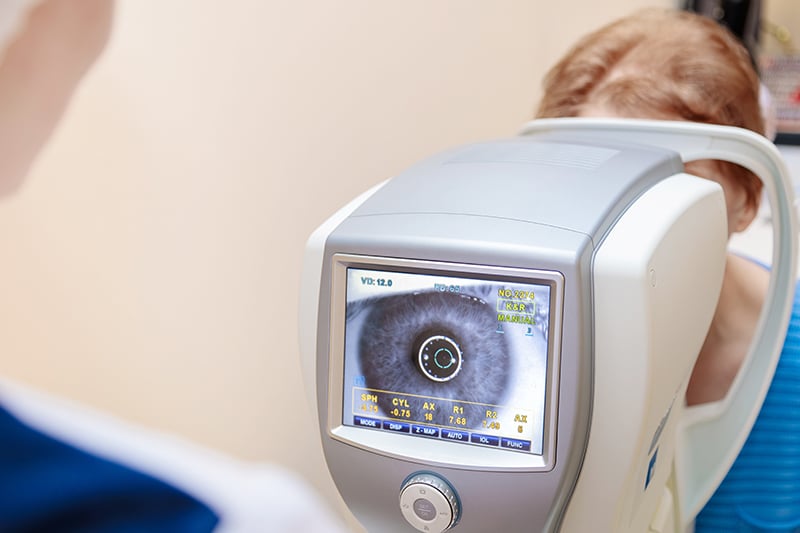NYC Corneal Surgeon – Dr. Sandra Belmont
Have you noticed that your vision is becoming increasingly blurred? Are you experiencing pain in your eyes? Have your normal contact lenses stopped fitting correctly in one or both eyes? If so, do not ignore these symptoms, as they may be a sign of corneal procedure/keratoconus. Contact New York City corneal surgeon Dr. Sandra Belmont for a consultation, so she can examine your eye health and let you know if you have a corneal procedure/keratoconus.
Corneal Disease 101
The cornea is the clear window in the front of your eye. It transmits light to the interior of your eye, so you can see clearly.
Corneal procedure/Keratoconus is an umbrella term that describes any disorder that impacts your cornea. There are a number of types of corneal disease. The three principal types of corneal disease are keratoconus, bullous keratopathy, and Fuchs’ dystrophy. In addition, some individuals suffer from pterygium, another disorder affecting the cornea.
Possible Causes Of Other Corneal Diseases
Aside from the main types of corneal disease mentioned above, the following are other possible causes of corneal disease:
- The natural aging process
- Eye injury
- Viral, bacterial, and fungal infections
- Hereditary
- Using contact lenses
- Eye conditions such as vernal keratoconjunctivitis and retinitis pigmentosa
- Certain systemic diseases such as down syndrome and Leber’s congenital amaurosis
- Corneal procedures/Keratoconus surgery or another lens implant procedure, which in rare cases may cause bullous keratopathy
How Can I Tell If I Have Corneal Disease?
Some types of corneal diseases can be very painful while others only present mild symptoms, especially in the early stages of the disease. To determine with certainty if you have the corneal disease, it is best to schedule a comprehensive eye exam with Dr. Belmont. She will evaluate your eye health and provide a diagnosis. If you have corneal/keratoconus disease, she will recommend an appropriate treatment option, which may involve the use of a device called PROKERA. The FDA-cleared PROKERA device can be described as a corneal bandage that uses stem cells to help reduce any inflammation and promote corneal wound healing.
To schedule an appointment with Dr. Belmont to find out if you have a problem-related to corneal procedures/keratoconus, please contact Belmont Eye Center by calling (212) 486-2020.


